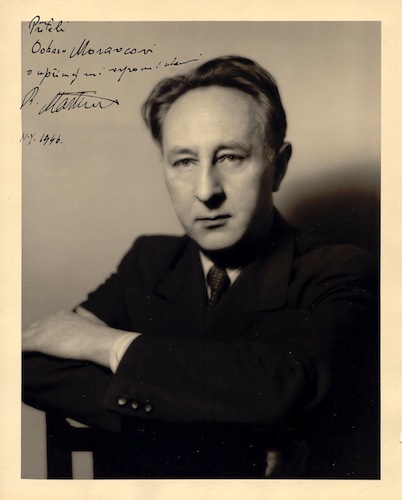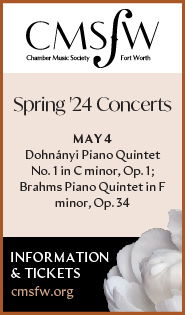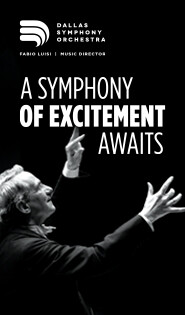Voices of Change serves up a bracing mix of international rarities

Bohuslav Martinů’s Piano Trio No. 2 was performed by Voices of Change Sunday evening in Dallas.
The ever-fascinating Voices of Change, dedicated to the music of our time, continues to intrigue. The enterprising Dallas group presented a program that freely mixed 20th– and 21st-century composers Sunday evening at Southern’s Methodist University’s Caruth Auditorium.
The first half offered works by two unjustly neglected 20th-century masters who deserve more attention: Bohuslav Martinů (1890-1959) and Carl Nielsen (1865-1931). On the second half, VOC presented music by the Argentinian-born Osvaldo Golijov and the American Harold Meltzer, who was in attendance.
Martinů’s String Trio No. 2 led off the evening, performed by violinist and artistic director Maria Schleuning, violist Barbara Sudweeks and cellist Jeff Hood. Right out of the gate, the trio exploded, digging into the Czech composer’s trademark brand of moderate dissonance and angular, rhythmically driven Neo-classicism. The three players launched arpeggios skyward like fireworks, which contrasted with the reserve they gave the descending scales. Ensemble and intonation were spot on.
In contrast to Martinů’s no-nonsense style, Nielsen’s Wind Quintet bubbles with positive energy. As with the preceding trio, technical supremacy, intonation and ensemble were terrific. The five players (flutist Helen Blackburn, oboist Erin Hannigan, clarinetist Paul Garner, horn Kevin Haseltine, and bassoonist Ted Soluri) gave a buoyant performance, bringing out the birdcalls that decorate the first movement. The second movement, a graceful minuet, divided the quintet into well-matched pairs for duetted passages. The last movement presents a hymn-like theme and eleven variations. With players of this caliber, it was a pleasure to hear them deliver the Danish composer’s musical gymnastics.
Scored for just cello and marimba. Golijov’s evocative Mariel is a minimalist work and in this serene performance it shimmered and rippled like an aura. In cellist Kari Kettering’s hands, the extended, mournful cello line never called undue attention to itself and Drew Lang’s soft harmonic murmurs gave the piece a feeling of weightlessness.
For the final work on the program, Schleuning, Sudweeks and Kettering were joined by pianist Liudmila Georgievskaya for Meltzer’s Piano Quartet. In a preconcert discussion, Meltzer explained that he created little units of music that he liked and then melded them together, similar to working with different pieces of glass for a mosaic.
Cast in one movement, the piece opened with pizzicato notes and downward slides. The players added plenty of sparkle as the music percolated along. This was followed by a slow contrasting section that featured a long held tone on the viola. The closing section made a jolly noise with wide trills, suspended strings and occasional interjections from the piano.
The Voices of Change musicians provided excellent advocacy for Meltzer’s intriguing, largely successful work, making one want to hear the composer’s Piano Quartet again.


